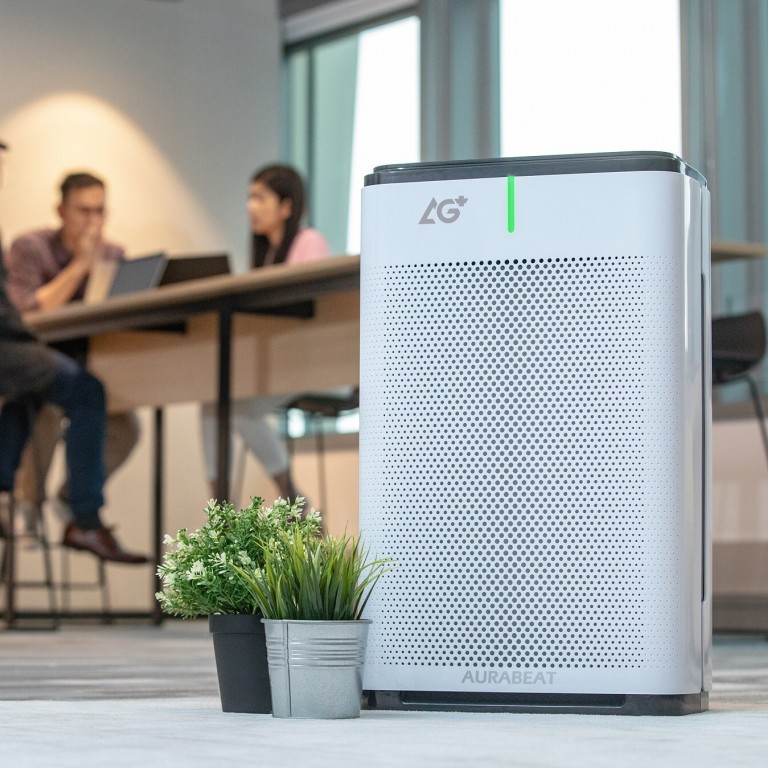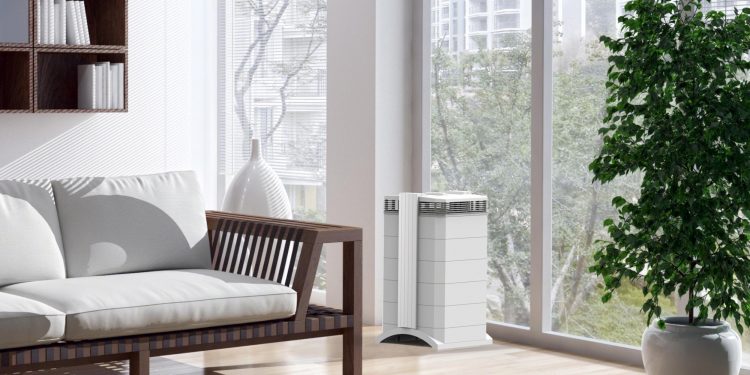Introduction
Whether you work in a hospital setting or have people with allergies and asthma at home, you’ll need the best medical-grade air purifiers to help keep the indoor air clean. Air purifiers have the simple job of cleaning your indoor air from pollutants such as dust, pet dander, and pollen. However, did you know that the type of filter can make a difference in its quality?
Generally, most air purifiers use HEPA filters. However, some units that are a bit pricier and are meant for hospital use are considered medical-grade air purifiers because they have a stronger filter, which can pick up particles as small as 0.1 microns (compared to the regular 0.3 microns of normal HEPA or True HEPA filters).
With that in mind, your indoor air quality is important – you’d want to know how to choose the best medical-grade air purifier for the home. In this way, you can protect yourself and your loved ones from health problems caused by polluted air.
What are the types of air purifiers?
If you are looking for an air purifier, you should know the different types first and which one best fits your needs:
- Home air purifiers. These are the regular air purifiers that are situated in the living room or bedroom. Often having a HEPA or true HEPA filter for dust and similar particles, they may also have an activated carbon filter. This carbon filter eliminates bad odor that may come from your kitchen or sources of smoke and household chemicals (VOCs). Due to their simplified operations, they have a sensor that will automatically detect the air quality you have indoors and change the fan speed according to that. In this way, the air purifier can be left alone in the middle of the night without having to fiddle with the settings – great for when you want to sleep like a log or leave the air purifier inside the baby’s room.
- Medical-grade air purifiers. If you want to have the best medical-grade air purifiers then you should choose ones that have an H13 HEPA filter. This type of filter is significantly stronger than regular HEPA or true HEPA because it can pick up particles as small as 0.1 microns. This type of air purifier filter is meant for medical purposes such as those with allergies and asthma due to its different build. Such air purifiers are often found in hospitals but their use doesn’t stop there – they can be used at home as well! If you or someone you’re living with has severe allergies and asthma (or any respiratory problem), having a medical-grade air purifier will help alleviate their symptoms better than a regular air purifier would.
- Portable air purifiers. If you travel often, work in an office cubicle, or just want a unit for a small space such as your desk, the portable air purifier is the best type for you. However, keep in mind that not all portable air purifiers use HEPA as their filter. Nonetheless, they all work just fine since they will only be cleaning a small area. Most of these air purifiers can even be hung around the neck as a personal air purifier when you walk outside.

- Whole-house air purifiers. If you have a large room, pick an air purifier that’s rated for more than 1,000 square feet of coverage. This means it is ideal for whole-house filtration and is, therefore, more powerful than regular air purifiers. Take note that they are on the pricey side, too.
How do I choose the best medical-grade air purifier?
Not all air purifiers are medical-grade so if you want to choose one for yourself, here are the key criteria you should look for:
- Look for an H13 HEPA filter. This means that your HEPA filter is of medical-grade, in which it can filter up to 0.1 microns of particles (significantly smaller compared to 0.3 microns of regular HEPA).
-
- Fortunately, many air purifiers in the market today already use H13 HEPA filters although they are still pricier than those units with regular or true HEPA filters.
- Consider a wider coverage area. If you want better efficiency, it’s best to look for an air purifier that will have better area coverage and quicker air exchanges per minute or hour.
-
- In this way, even if you have to transfer the air purifier to a bigger room or if the pollution gets worse, it will still have a powerful cleaning capability.
- Go for an air purifier automatic sensors. By having an automatic sensor, the air purifier will adjust the fan speed depending on the quality of the air indoors.
-
- For instance, if the air quality is severe, the unit will turn its speed to turbo mode so it will clean the air more efficiently. This will not only save time and effort but also electricity in case the air quality is not so dirty at a given time.
- A Wi-Fi enabled air purifier is easy to control and monitor. It will save you time in having to go to the unit to manually set its timer and other settings. Moreover, if you have smart systems such as Alexa or Google Assistant, it will help simplify the air purifier’s function and settings in your home.
Are medical-grade air purifiers worth it?
Yes, they are! That’s because medical-grade air purifiers use a higher-grade HEPA (H13), which will clean up to 99.97% of particles as small as 0.1 microns. They were designed for hospital use so it’s no surprise that they are more beneficial for people with allergies and asthma.
However, to get the most out of an air purifier, whether it is medical-grade or not, you need to make sure that your filters are changed and/or cleaned properly and regularly as per the manufacturer’s instructions.
Conclusion
In the long run, air purifiers with medical-grade filters are beneficial to everyone due to their powerful filters. However, they are especially useful for allergy sufferers where the air quality needs to be kept sterile to avoid further spread of germs, viruses, and airborne diseases.
If you or someone you love suffers from allergies and asthma at home, don’t hesitate to give them an air purifier as a gift for the holidays!





